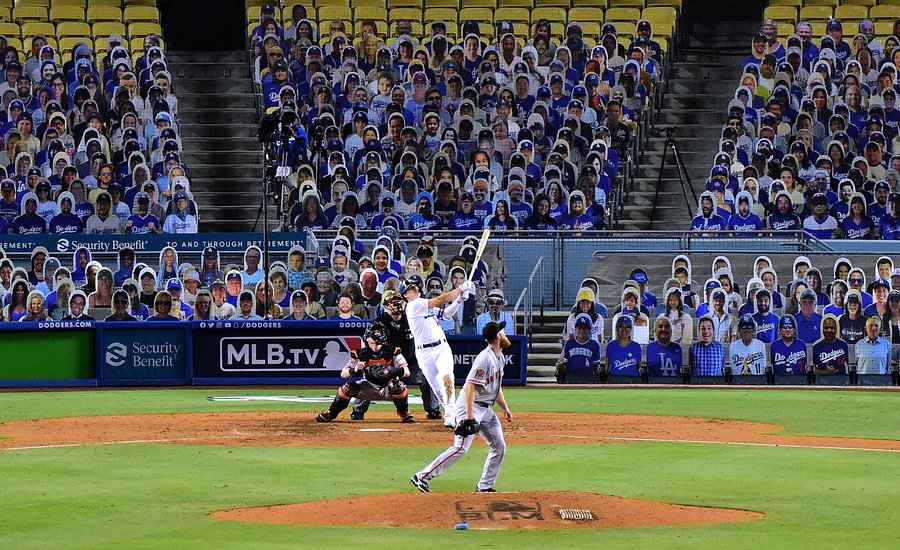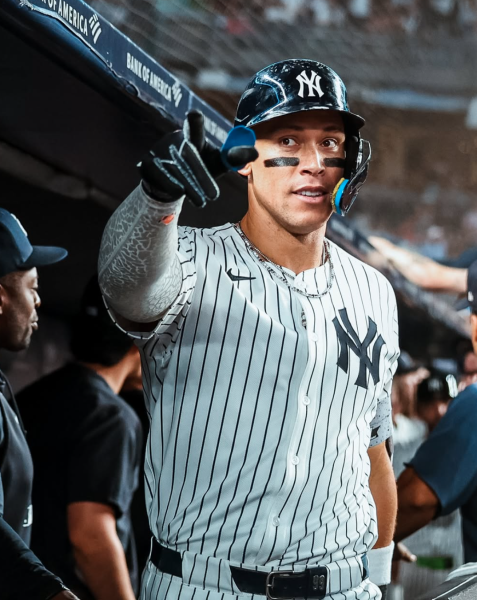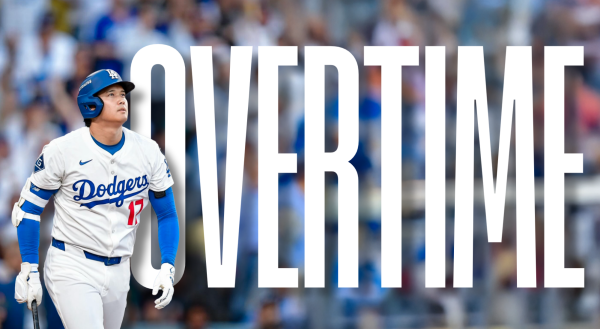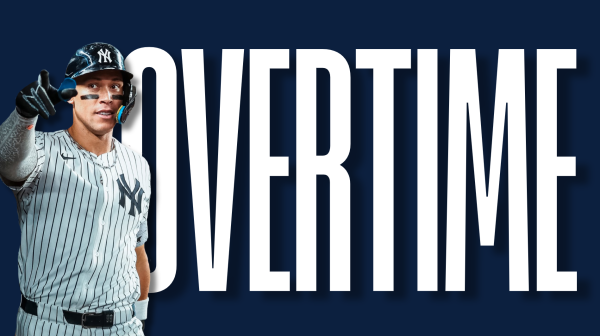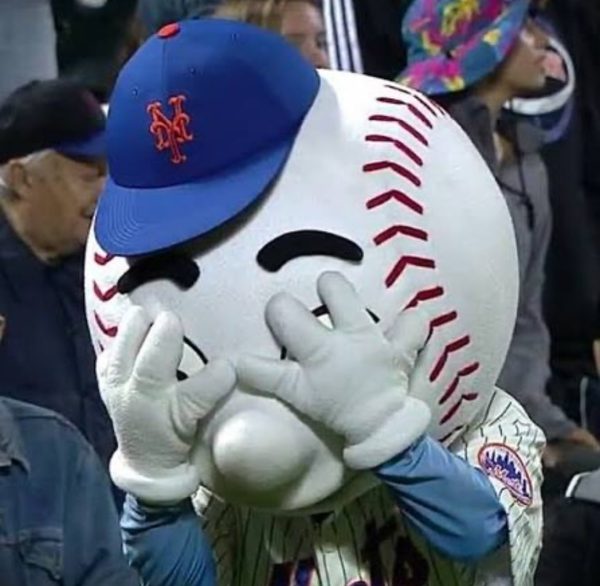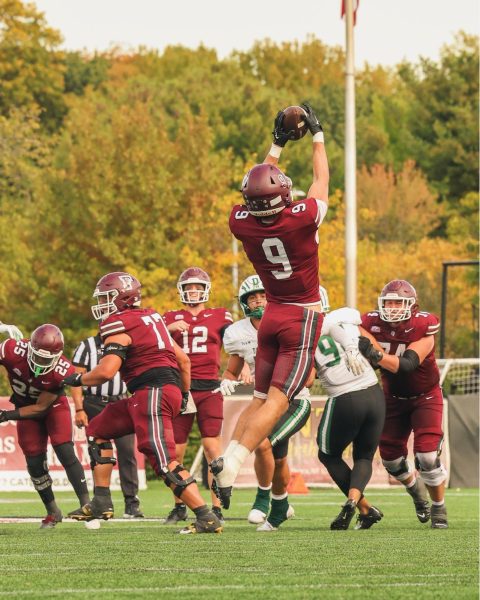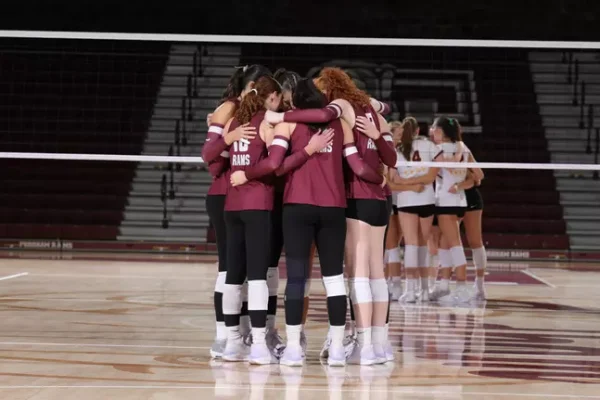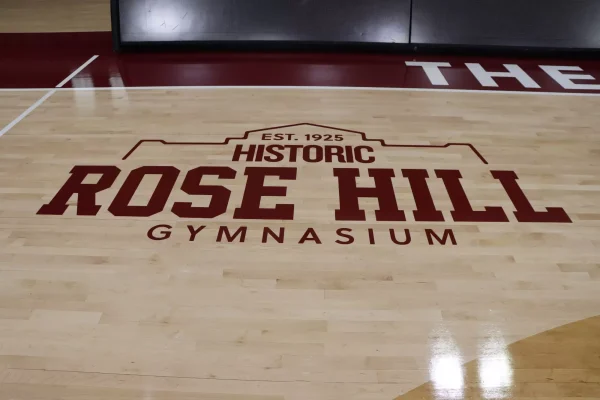How to Remember 2020 Baseball
I think it is safe to say I am speaking on behalf of all baseball fans when I say that we are very lucky l to have had any kind of baseball to watch, enjoy, argue about and bond over in 2020, a year of panic and uncertainty. It’s invaluable to have something to ease the mind and perhaps even ignite the spirit.
It took a long time to get here, but it happened. We got the chance to spend our summers, enjoying the craft, precision and excitement of the game while watching the drama of a whole regular season play out in just a little over two months.
However, it was an unusual season, full of… let’s call them gimmicks. With no fans in the stadium, teams filled seats with cardboard cutouts and played artificial crowd noise over their speakers. In order to limit travel, teams only played opponents in their region, which resulted in an incredibly unbalanced schedule and more interleague play in one season than the Major Leagues had ever seen before The National League also played with a universal designated hitter in their own ballparks for the first time, a rule that is speculated to have a future in the game even when the sport returns to normal. And, of course, to make up for games in such a short season that were postponed due to weather or COVID-19, this odd year was the first time in professional baseball with seven-inning double headers instead of nine. The 2020 season even saw some teams play their “home” games at the opposing team’s ballpark, resulting in a few peculiar walk off celebrations.
But these were not the only factors that set this season apart from all others. The Toronto Blue Jays were denied permission by the Canadian government to play their games in Toronto, thus forcing them to play their home games at their AAA affiliate’s ballpark in Buffalo. And, of course, like all of the major sports in the United States and around the globe, Major League Baseball saw a handful of their games postponed from Aug. 26-28 while players took a stand and protested the shooting of Jacob Blake in Kenosha, Wisconsin.
Despite the fact that it may have felt more like a circus than a baseball season, we are lucky to have been able to enjoy the sport this year at all. This past weekend marked the end of the regular season, and this postseason will certainly be an odd one. The playoffs have expanded for this unique scenario to 16 teams rather than the usual 10. For the first time ever, more than half of the league will see life beyond the regular season, including two teams with losing records. The 2020 postseason may also see the return of teams playing opposing clubs outside of their region, meaning pre-World Series playoff matchups will play each other for the first time in the postseason, which is very unusual. The entirety of these playoffs will take place at neutral locations in California and Texas, and the World Series will take place at the Texas Rangers’ ballpark in Arlington. The higher seed in each matchup will have “home field” advantage during the first round.
MLB Commissioner Rob Manfred has spoken about the potential of having some limited number of fans at the World Series, but everybody and their Uncle Clifford assumes that that will not be happening.
In summary, all 30 teams played only 60 games in a matter of about two months on an unbalanced schedule in a competition for 16 spots in a playoffs that will take place completely at neutral ballparks all in hopes of a thoroughly sanitized World Series trophy awarded in Texas just over three months after the season started. Take a minute to catch your breath if you need to.
Once all of this 2020 hullabaloo has concluded, for baseball and beyond, there are bound to be plenty of baseball fans — perhaps mostly stat geeks and traditionalists — who will question the decisions behind this season. They will question if the batting champions, MVPs, Cy Young Award winners and even league and World Series champions should be seen as legitimate entries into those areas on Baseball-Reference.com or as fillers in a season that will ultimately mean nothing.
What these people will have forgotten is that the whole point of all of this is not to keep track of statistics, the legitimacy of a playoff format or even who eventually wins the World Series. The point was, in the end, to have any baseball season at all.. What we wanted more than anything was to be able to turn on the television or radio and watch our favorite sport — to have an excuse to spend time with the people we love, relive old memories and create new ones that are all connected by the webbing of a glove and the crack of a bat. At the end of the day, that is what baseball is really about, no matter the state of the world outside of the stadium.

Dylan Balsamo is a junior at Fordham College at Rose Hill, double majoring in film & television and music, or, as he likes to call it, majoring in...





































































































































































































